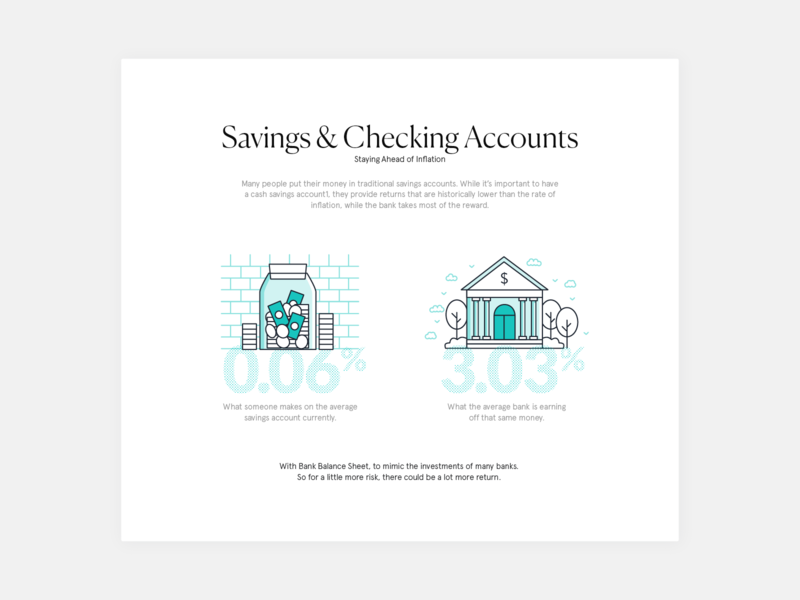The Repercussions Of Failing To Satisfy Efficiency Bond Responsibilities
The Repercussions Of Failing To Satisfy Efficiency Bond Responsibilities
Blog Article
Short Article Composed By-
When a surety issues an efficiency bond, it guarantees that the principal (the celebration that buys the bond) will meet their commitments under the bond's terms. If the primary falls short to fulfill these responsibilities and defaults on the bond, the surety is in charge of covering any losses or damages that result.
1. Loss of credibility: Back-pedaling a performance bond can harm the principal's online reputation and trustworthiness, making it more challenging to safeguard future business or financing.
2. Legal and administrative prices: The guaranty may need to pay legal and administrative expenses related to going after the principal for problems or trying to fix the situation.
3. Financial losses: The surety may require to cover the cost of completing the project or supplying the solutions that the principal stopped working to provide. This can result in considerable financial losses for the surety.
4. Raised premiums: If the principal has a background of back-pedaling performance bonds, they may be required to pay greater costs in the future to acquire the essential bonding.
Overall, defaulting on an efficiency bond can have serious monetary effects for both the principal and the surety. It is very important for principals to thoroughly consider their commitments and ensure they have the ability to fulfill the regards to the bond to prevent these unfavorable outcomes.
Back-pedaling a performance bond can be a costly misstep for companies. When you stop working to meet the bond's commitments, the economic repercussions can be considerable. From paying the complete bond total up to potential legal fights and damaged connections, the repercussions can resound throughout your business operations. Recognizing the detailed internet of economic impacts that defaulting on an efficiency bond can have is critical for protecting your firm's monetary health and wellness and track record.
Financial Penalties for Defaulting
If you default on a performance bond, you'll likely face significant financial penalties. These penalties can differ depending upon the terms of the bond arrangement but usually include paying the bond amount completely to the obligee. https://how-to-start-an-online-bu28405.madmouseblog.com/14330048/surety-bonding-firms-vs-insurance-coverage-companies-what-s-the-distinction implies that if you fail to accomplish your legal responsibilities, you should pay the bond total up to the job proprietor or the entity that called for the bond.
In addition, you might additionally be in charge of any kind of additional costs incurred by the obligee because of your default, such as finding a substitute contractor or covering project delays.
Back-pedaling an efficiency bond can also lead to legal charges and court expenses if the obligee decides to take legal action versus you to recuperate the bond amount. These expenses can swiftly add up, more aggravating the financial effect of your default. https://esd.ny.gov/doing-business-ny/small-business-hub to thoroughly review and recognize the terms of the efficiency bond to avoid these severe financial penalties.
Impact on Company Capital
Defaulting on an efficiency bond can dramatically affect your service cash flow, impacting monetary stability and functional capacities. When bid bonds on a performance bond, you risk shedding the bond amount, which can be a significant amount. This loss straight affects your capital, as you'll require to find different sources of moneying to cover the bond quantity. Moreover, defaulting can cause boosted examination from guaranties, making it more difficult and extra costly to safeguard bonds in the future. This can further strain your capital as you might require to designate added resources to fulfill bonding needs.
The influence on your capital does not stop there. Back-pedaling an efficiency bond can additionally result in task hold-ups or terminations, leading to a loss of earnings. Additionally, the adverse reputation that includes defaulting can deter potential clients, even more minimizing your cash flow. Overall, back-pedaling an efficiency bond can have destructive results on your organization's monetary wellness and ability to run efficiently.
Legal Ramifications and Legal Actions
Dealing with legal implications and potential suits due to defaulting on a performance bond can substantially influence your service's reputation and monetary standing. When you default on an efficiency bond, the surety firm may take lawsuit to recuperate the bond quantity paid. This could cause pricey legal charges, court expenses, and potential settlements or judgments against your organization.
Additionally, defaulting on an efficiency bond might cause damaged partnerships with customers, subcontractors, and providers, influencing your capability to protect future agreements. Legal actions occurring from bond defaults can stain your service's credibility in the sector, making it testing to bring in new companions or consumers.
Additionally, if the default brings about a court judgment against your business, it might result in possession seizure or liens, better straining your monetary security. For that reason, it's important to understand the legal implications of defaulting on an efficiency bond and take positive actions to minimize the threats included.
Conclusion
As you encounter the consequences of back-pedaling an efficiency bond, remember this: it resembles walking a tightrope without a safeguard. One incorrect relocation can send you plunging into a financial freefall, with no method to stop the loss.
The financial penalties, cash flow effect, and legal implications are all waiting to capture you if you blunder. So tread very carefully, and always honor your commitments to prevent the harsh consequences of default.
